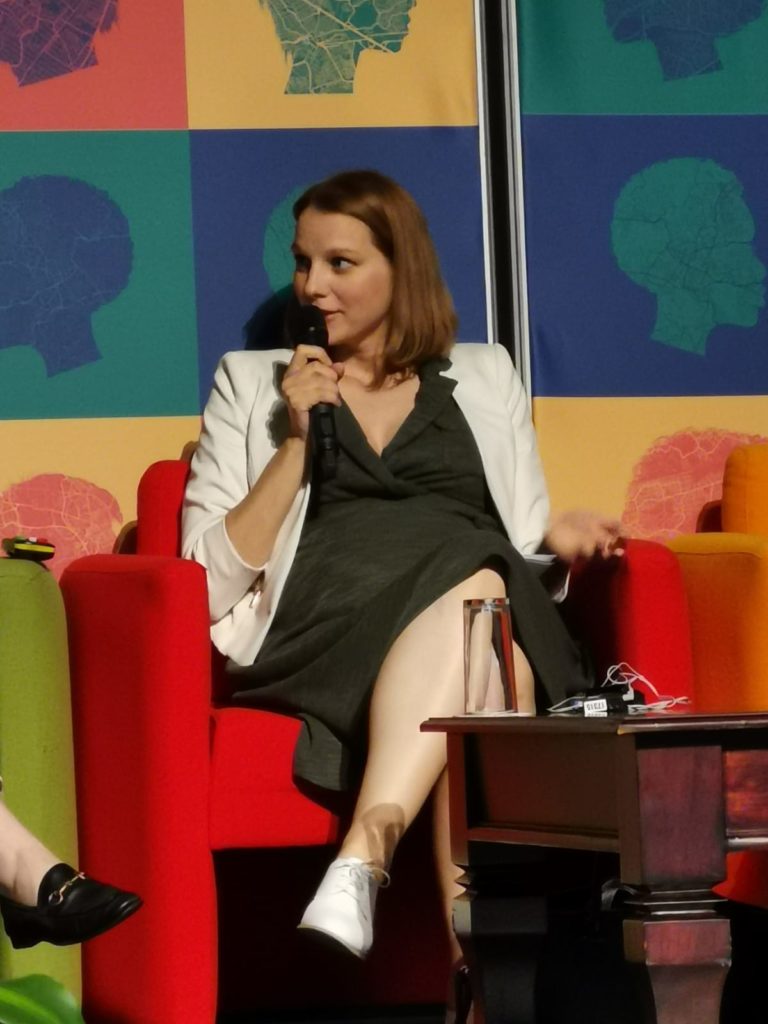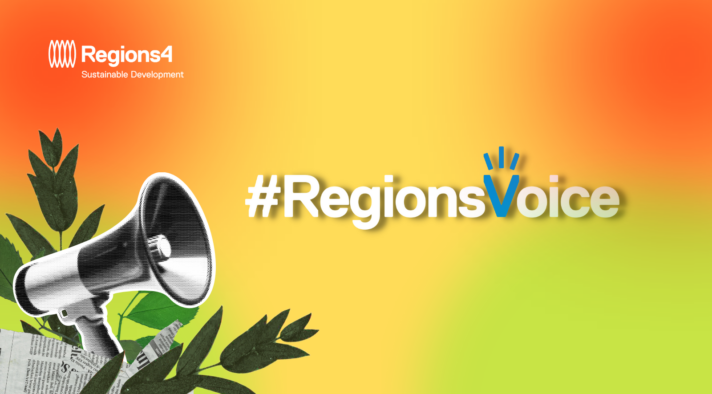The World Summit of Local and Regional Leaders, convened by United Cities and Local Governments (UCLG), took place from 11 to 15 November in Durban, South Africa. Taking place every three years, and attended by over 3000 delegates and other stakeholders, the conference brought together mayors, presidents of associations, councillors, and local and regional leaders, decision-makers and practitioners from around the world. Regions4 also attended the conference and was represented by its Secretariat.
The World Summit comprised the World Assembly of Local and Regional Governments (WALRG), meetings of the governing bodies of UCLG, a meeting of the Global Task Force (GTF), different policy tracks, as well as a number of special sessions. The policy tracks included the
- Local4Action Track, a space where the different tracks of the UCLG World Summit & Congress could interconnect and interact. It provided a place to discuss and brainstorm on ideas regarding a number of policy areas relevant for local and regional governments;
- Town Hall Track, the space for dialogue and interaction between different internationally organised communities, civil society, local and regional governments to define global policies, in an open format to debate and discuss policy papers on multiple themes; and
- Assembly Track with local and regional government representatives from different geographical regions as the key drivers. It aimed at allowing continental, sectorial and thematic priorities that contribute to the global policies of UCLG.

Regions4 participated in different meetings, such as the technical meeting of the GTF and the Forum of Regions working meeting, as well as represented the voice of regional governments within the following sessions:
- Forum of Regions
The forum took place in the morning of 12 November, and aimed at reflecting on the importance of regions and territorial entities for, and their contribution to the global agendas. The session consisted of two different roundtables: 1) “The importance of Regions and territorial entities in multilevel governance and territorial approach from the perspective of the location of the food economy”; and 2) “Territorial climate change strategies and the role of regions and territorial entities in shaping and implementing the global agendas.” Joined by Regions4 members Catalonia and CONGOPE, the Regions4 Secretariat took part in the second roundtable, stressing the vital role of regional governments in the global agendas although the less attention currently given to this level of government. In this regard, the findings of the RegionsAdapt 2019 Brief Report were presented, as well as the achievements reached so far within the global biodiversity agenda.
- Special Session on Biodiversity: Shaping the future of Nature in Cities and Regions
In the afternoon of 13 November, the Regions4 Secretariat participated in this special session dedicated to the role of regional and local governments within the global biodiversity agenda. Regions4 represented the regional level in this session, presenting the work of the Regions for Biodiversity Learning Platform (R4BLP) and the Advisory Committee on Subnational Governments and Biodiversity (AC SNG). Regions4 further presented the AC SNG’s recommendations for the CBD Post-2020 Global Biodiversity Framework, such as a renewed version of the “Plan of Action on Subnational Governments, Cities and Other Local Authorities for Biodiversity (2011-2020)” and enhanced support by the Parties’ to the AC SNG.
- The Future of Resilience: Beyond growth, towards a new paradigm for humanity The session, that took place in the afternoon of 14 November, explored the potential for a wider understanding of resilience that focuses on the role of cities in managing natural resources and contributing to the resilience of the planet and social global justice. The Regions4 Secretariat and CONGOPE again, represented the regional level in this session, highlighting the key role of regional governments to provide for resilient and sustainable territories, such as the safeguarding of urban-rural linkages and the provision of crucial support to local governments’ efforts in strengthening their resilience to climate and disaster risks, building capacities and deploying available financing.
The main outcome document of the Congress was the Durban Political Declaration, in addition to a number of position papers from the different tracks of the conference.
A comprehensive coverage of the congress can be found at the iisd Reporting Services and impressions from the congress on UCLG’s flickr page.



